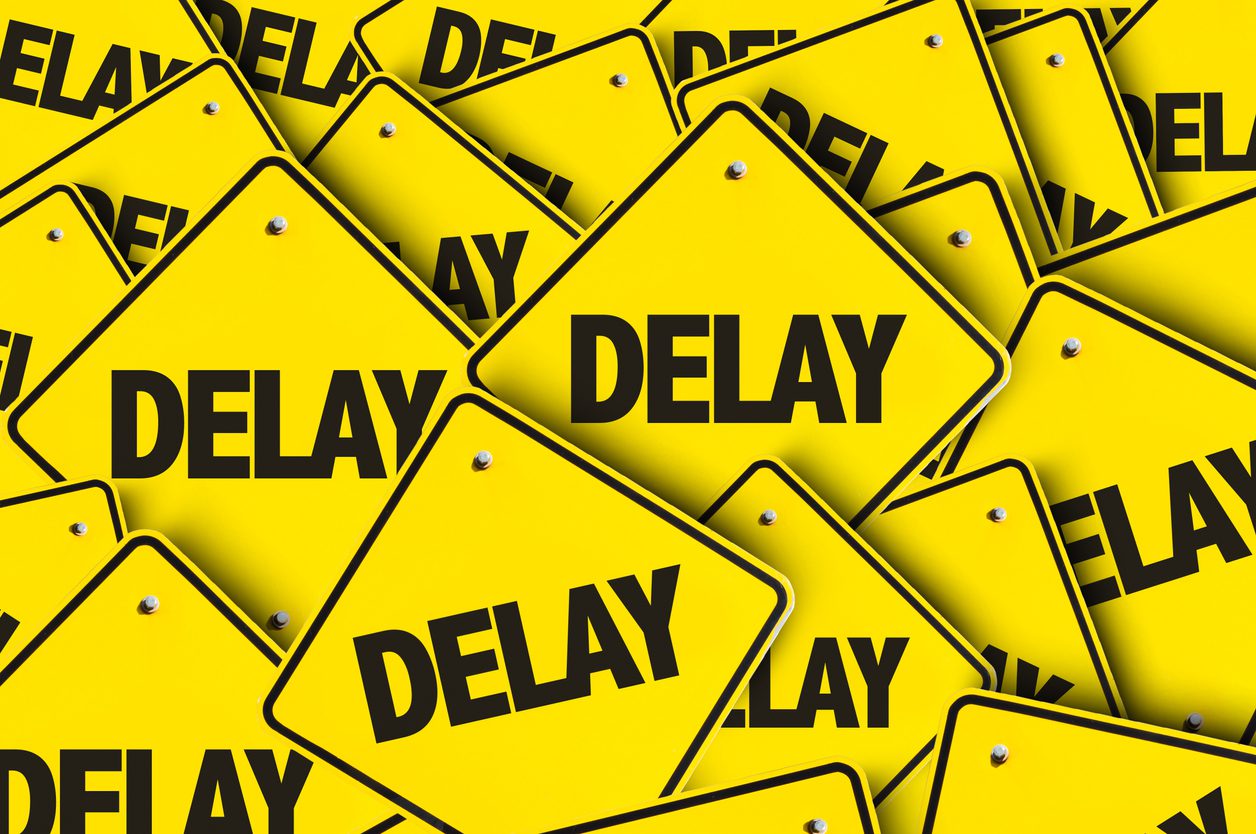A $44 Million Verdict After Wrongful Denial of a Boiler and Machinery Claim—Yet No Bad Faith?

How often do insurance companies shop for a new opinion looking for a way to deny coverage of a large loss? This was the situation in a recent trial which resulted in the insurer being liable for $44 million. The facts summarizing the “shopping” for a new expert opinion regarding a boiler and machinery loss were outlined by the court:
On September 21, 2018, four of the Mesta Press’s sixteen tie-rods fractured, and Plaintiff discovered cracks in two of its four columns. Plaintiff filed an insurance claim, which Defendant acknowledged on September 25, 2018. Defendant initially retained Engineering Design & Testing Corporation (‘ED&T’) to evaluate the cause of the damage and cost of repairs. On October 9, 2018, ED&T emailed Defendant’s claims adjuster, stating that: ‘Regarding the cause, our preliminary view is that one of the tie bars fractured as a result of fatigue … causing the other tie bars to fracture and the columns to crack.’ Ten days later, the adjuster generated a report recommending that Defendant reserve $56 million to cover losses.
Defendant then discharged ED&T and retained Failure Analysis & Prevention, Inc. (‘FAP’) to further ‘investigate the cause of the fracture of the tie-rods and the cracking in the columns.’1
It is pretty obvious the home office adjusters were not happy with a suggestion to reserve the loss for $56 million. So, why not round up another friendly engineering company that may have its thinking straight?
The new engineering company investigated for over 20 months. One good faith obligation is to investigate promptly and not delay the claim. Most regular readers of the blog would be thinking that there is outcome-oriented adjustment going on and a delayed claim decision as a basis for a bad faith claim. Eventually, the insurer denied the claim:
On July 14, 2020, Defendant sent a letter to Plaintiff, denying its claim in full. The letter cited FAP’s conclusions that (1) ‘the tie rods failed as a result of the failure to properly pre-tension the tie rods in accordance with the manufacturer ‘s approved guidelines in 2008’; and (2) cracking in the columns was ‘fatigue cracking which had occurred over the course of the operation of the press’ and ‘was not related to, or made worse by, the failure of the tie rods.’
Adopting these conclusions, Defendant determined that the ‘faulty workmanship’ and ‘gradual
Deterioration’ exclusions preclude coverage for the fractured tie-rods under the All-Risk Provision, and the ‘gradual deterioration’ exclusion precludes coverage for the cracked columns under the All-Risk Provision. Under the Endorsement, according to the letter, damage to the tie-rods and columns did not result from an ‘Accident’ because it occurred over time and is therefore not covered.2
Before the jury ever started, the federal court dismissed the bad faith cause of action finding:
Plaintiff’s evidence, however, is not enough for a jury to find that Defendant acted unreasonably or in bad faith. At most, it suggests that Defendant breached the insurance contract by making a mistake or being negligent; but mistakes and negligence alone do not constitute bad faith. ‘There is no factually supported suggestion in this record that (1) [Defendant] ever misrepresented the nature of its investigatory activity, (2) provided any false documents or testimony, (3) did not honestly select independent expe1is to make the appropriate loss evaluations, (4) relied upon expert reports that were not reasonable or, (5) failed to conduct a thorough investigation.’… As such, the only reasonable conclusion from the evidence is that Defendant did not act in bad faith, even if it was wrong in denying coverage to Plaintiff.3
This case invites insurers to try and try again, in an investigation that will find a way to deny a large value claim.
Thought For The Day
History repeats itself, first as tragedy, second as farce.
—Karl Marx
______________________________________________________________
1 Weber Metals, Inc. v. Ace American Ins. Co., No. 2:21-cv-05995 (C.D. Cal. July 1, 2022).
2 Id.
3 Id.







